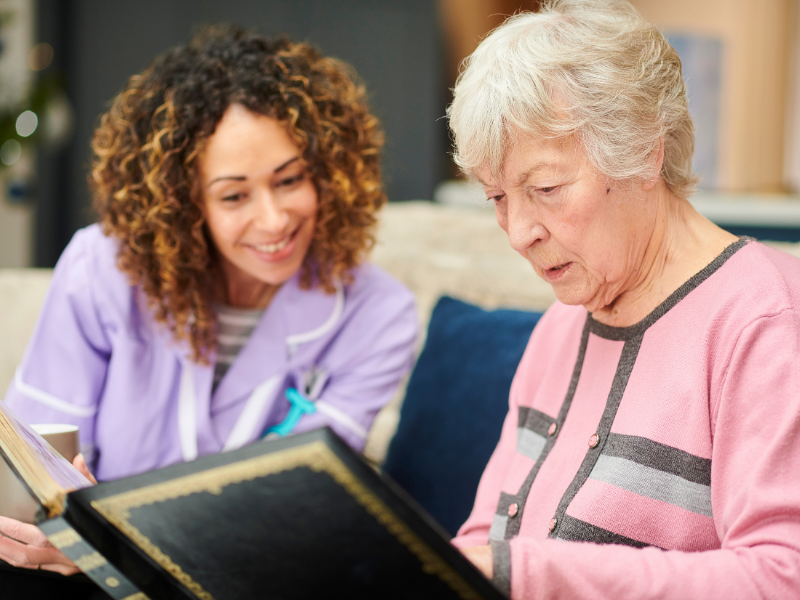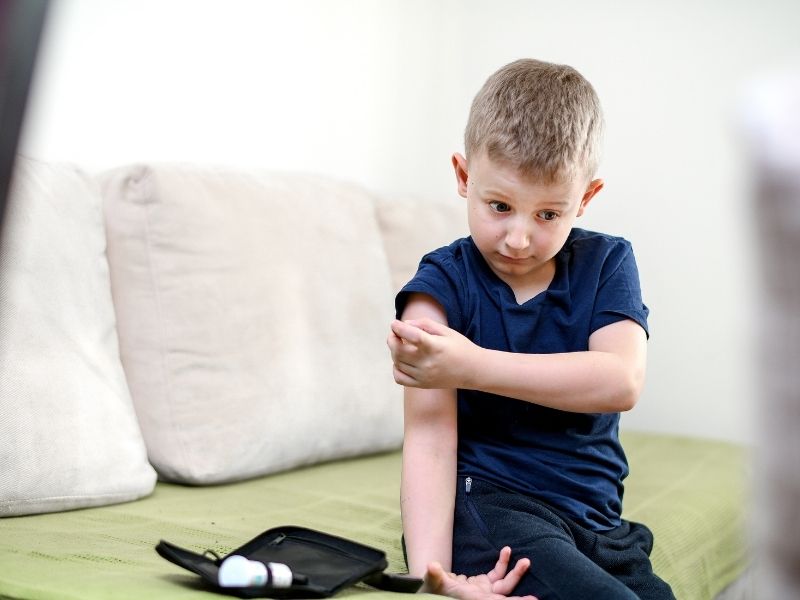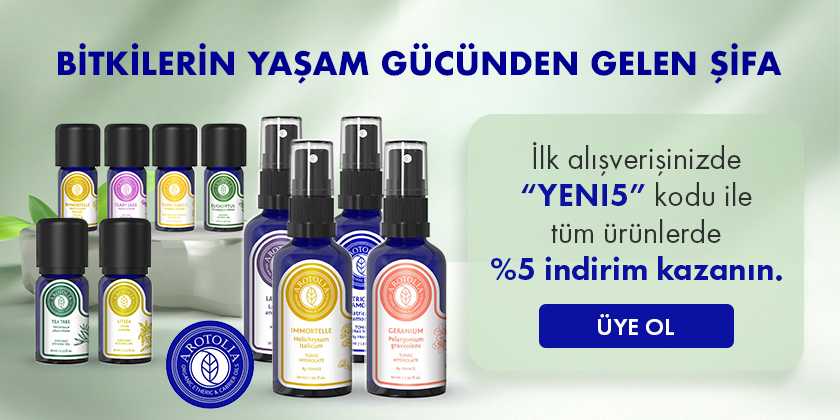
Dementia Patients and Caregiver Burden
Dementia disease, which is generally seen in the elderly with the deterioration of cognitive function, is popular among the people.
Also called dementia. The deterioration of this cognitive function varies over time.
may cause the development of behavioral and psychiatric symptoms. "Agitation" dementia
It is one of the most common symptoms in patients. Agitation; pushing, hitting, self-harming,
in many different ways, such as asking the same questions over and over, hoarding, swearing, inappropriate dressing.
can show itself. Although it is frequently seen in moderate and advanced levels of the disease, this
The condition persists throughout the course of the disease. Agitation is beneficial for both patients and the patient.
It can be difficult for relatives or caregivers. from home without informing their relatives or caregivers.
separation often results in disorientation or injury. In time
These effects of agitation can cause patients to be exposed to social isolation. It
caregivers of patients with symptoms often spend more time with them
and workloads increase.
One of the suggested alternative treatments for agitation in dementia is aromatherapy. Agitation
The most commonly used essential oil to relieve symptoms of agitation, sleep
It is lavender oil that supports and provides calmness. Similar to lavender's soothing effects
Since it will create synergy when applied together with oils such as lemon balm and lemongrass,
may be more efficient.
With the joint work of Hacettepe and Ankara Universities in Turkey, 28 patients and their
A study was conducted with caregivers. The aim of this study is to apply massage and inhalation
of moderate and severe dementia patients receiving home care services of aromatherapy.
The aim was to examine the effects on agitation levels and burden of their caregivers. More in the literature
Since previous studies have not evaluated patients and their caregivers together, this
The research was a first. The patients were divided into two groups as intervention and control groups. It
the stage of their dementia and
The use of antipsychotic drugs (a kind of psychological drug) was taken into consideration. patients and
A validated fact sheet was used to identify caregivers. Also agitation
symptoms, neuropsychological status of patients, stress level of caregivers, and
Various forms and inventories were used to monitor the applied aromatherapy. All
The validity and reliability of the inventory in the Turkish population were tested. Intervention group 4
the control group received aromatherapy, which included both inhalation and hand massage, throughout the week.
was used to determine what the data would be if aromatherapy was not received. hand table
It was applied in the patients' own homes with a mixture of lemongrass and eucalyptus essential oils.
Essential oils degrade as their caps are left open and their contact with oxygen increases.
For this prevention, the bottles were renewed every week. Two patients included in the study were initially struck,
although they may exhibit some physical agitation behaviors such as spitting or pulling their hands
He let the aromatherapy attendant finish the massage. Inhalation aromatherapy
was applied with lavender essential oil for 4 weeks, and inhalation was given to caregivers during this period.
application is taught. In total, patients in the intervention group did not sleep for 1 hour each night.
inhalation aromatherapy first and aromatherapy massage 3 days a week in the afternoon
they got it.
Data were collected at regular intervals and analyzed at the end of 4 weeks. According to the results
Neuropsychiatric symptoms of patients in the intervention group receiving aromatherapy at 2 weeks
significantly decreased compared to patients in the control group who did not receive aromatherapy. 4 weeks
reduction in both neuropsychiatric symptoms and agitation symptoms at the end
observed. Side effects of aromatherapy in this study and in none of the previous studies
not reported. While the burden of caregivers in the control group increased gradually over time, the intervention
The burden and stress level of caregivers in this group decreased as the symptoms in the group were relieved.
Caregiver burden is the social, economic, physical and psychological effects of caregiving.
It is very important to achieve an improvement in the caregiver burden as it covers the whole. dementia
initiating aromatherapy when patients' symptoms first begin to relieve the caregiver's burden and stress.
may also be more useful.
As a result, moderate to severe dementia patients show and caregivers need to check.
Aromatherapy application was successful in the management of complicating symptoms. of patients
reduction of physical agitation symptoms and calming down of caregivers' workload and stress
Measurable decrease in these parameters, as it directly affects the decrease in the levels of
provided. Thus, patients can experience dementia more comfortably and without risk, and
stress levels and workloads of caregivers were alleviated. As patients calm down
While they adapt to life more easily, caregivers can help their patients with their mental status improving.
they were able to take a more caring attitude towards it.
SOURCE
Effects of aromatherapy on agitation and related caregiver burden in patients with moderate
to severe dementia: A pilot study, Geriatric nursing, 2017



